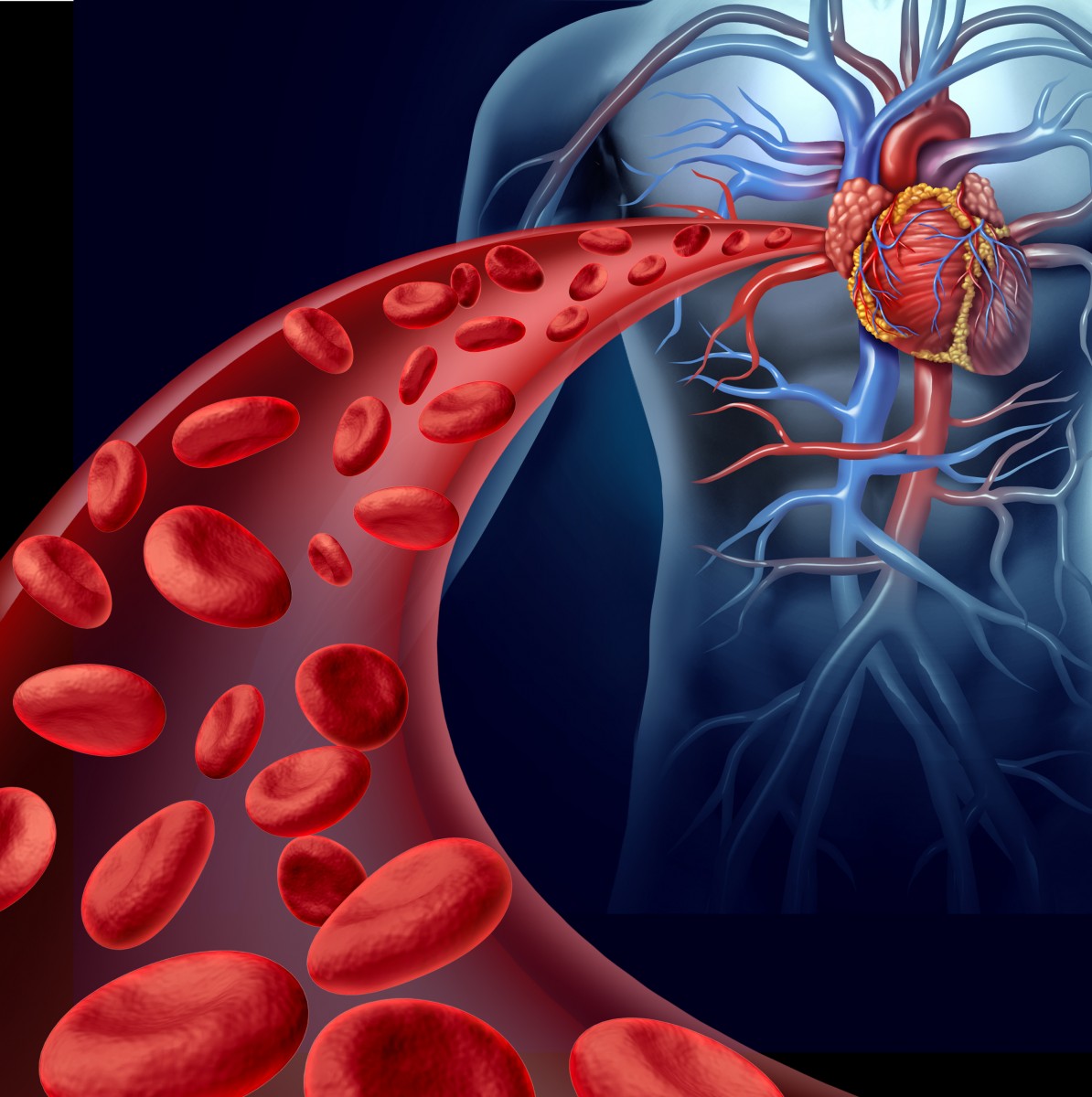Acetylon Pharmaceuticals Publishes Mechanism Of Its Selective-Inhibition Treatment Of Sickle Cell Disease and Beta-Thalassemia
Written by |

Lightspring/Shutterstock
Acetylon Pharmaceuticals recently published the outcomes of its preclinical data concerning the mechanism of action of its selective inhibition based treatment of sickle cell (SC) disease/beta-thalassemia (BT). These findings, “Chemical Inhibition of Histone Deacetylases 1 and 2 Induces Fetal Hemoglobin through Activation of GATA2,” were published in PLOS ONE.
SC and BT are two genetic disorders affecting the red blood cells that carry oxygen throughout the body cells. The main difference between both disorders is that in SC, a mutated form of hemoglobin deforms the shape of the red blood cells while in BT the production of hemoglobin is reduced. Both conditions, however, yield decreased levels of oxygen in many parts of the body that lead to a number of health problems, such as attacks of pain, anemia, bacterial infections and heart failure/stroke, among others.
Patients with SC/BT are managed through various ways, including blood transfusion, but Acetylon Pharmaceuticals is currently developing drugs based on a series of selective inhibitors of enzymes called histone deacetylase (HDAC1/2), which are involved in cell proliferation, differentiation, and programmed cell death. The replacement of missing/defective adult hemoglobin with higher concentrations of normal fetal hemoglobin (HbF) protein that transports oxygen throughout the body may decrease disease severity in SC/BT patients.
Prior preclinical studies have shown that non-selective HDAC inhibitors produce HbF but treatments have significant toxicity and side effects. Other studies have suggested that genetic knockdown of one of the genes, HDAC1 or HDAC2, suffice to produce higher levels of HbF. On the other hand, Acetylon Pharmaceuticals found that selective inhibition of HDAC1/2 using its compound named ACY-957 produced HbF in human blood cells of SC patients cultured ex vivo. As a result, they suggest that contrary to non-selective, the selective inhibition of HDAC1/2 should induce reduced toxicity and side effects.
The newly published data by Acetylon Pharmaceuticals reveals that the production of HbF is partially mediated by elevated expression of a gene called GATA2, a candidate regulator of gene expression in the production of blood cells. Inhibition of HDAC1/2 by ACY-957 raised the expression of GATA2 and subsequently increased levels of the protein subunit gamma-globin (HBG), which, in turn, enhanced levels of HbF.
“The results of these studies provide a deeper understanding of the mechanism through which HDAC inhibition leads to elevated fetal hemoglobin and describe a potentially novel therapeutic avenue for treating hemoglobinopathies,” said Jeff Shearstone, Ph.D., Senior Scientist at Acetylon and corresponding author of the paper, in the press release.
“While others have shown that HBG and HbF can be induced by non-selective histone deacetylase (HDAC) inhibitors, these have been clinically associated with significant toxicity and adverse events. These new data will inform the design of future programs at Acetylon as we build an industry-leading portfolio of selective HDAC inhibitors to provide a novel and better-tolerated therapeutic options for patients,” said Matthew Jarpe, Ph.D., Associate Vice President of Biology at Acetylon. “Additionally, the induction of GATA2 by selective HDAC1/2 inhibitors may have broader implications for the treatment of diseases or disorders associated with GATA2 deficiency, including myelodysplastic syndrome and acute myeloid leukemia, and we look forward to continued exploration of this relationship in the context of additional indications.”
Acetylon Pharmaceuticals, Inc. is specialized in the development of new small drug molecules targeting epigenetic mechanisms aimed to improve therapeutic outcomes in critical human diseases.


